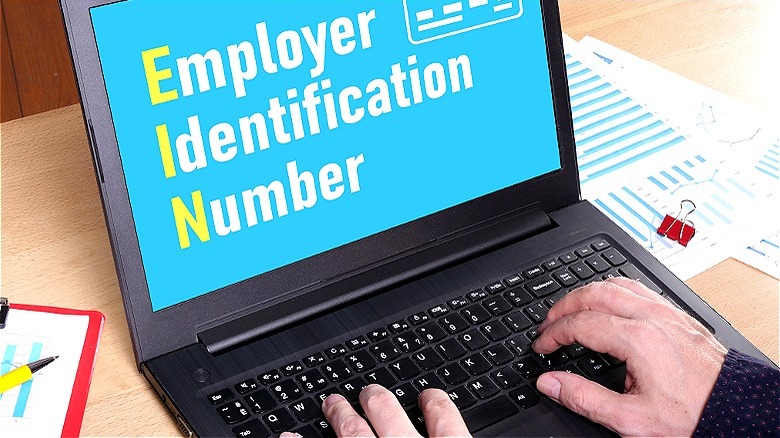Yes, Freelancers Can Set Up 401(k) Accounts To Save For Retirement. Here's How
At Money Digest, we've previously discussed how the COVID-19 pandemic accelerated remote work (aka work from home) and the differences between W-2 official employees of a company and freelancers, who are technically self-employed independent contractors. If you find yourself in the latter group, you might be under the impression your options for investing toward retirement are more limited than W-2 employees. However, that's not entirely true.
To clear up the misconception, we spoke with Lawrence Sprung, CFP, the author of "Financial Planning Made Personal," and founder of Mitlin Financial. According to Sprung, "Freelancers have many options when it comes to setting up retirement plans for themselves. They can set up their own 401(k), also called a solo or individual [401]k. Or a SEP (Simplified Employee Pension Plan) or a SIMPLE IRA may work."
Since opening an individual retirement account (or IRA) is already pretty well discussed and understood, let's focus on the self-employed 401(k) instead, which may be a new concept to some freelancers.
Individual 401(k) contribution limits are generous
In a lot of ways, the self-employed 401(k) Lawrence Sprung mentions first isn't so different from a standard 401(k). For 2024, you can make pre-tax contributions as an employee, totaling up to a max of $23,000 per year or 100% of your compensation, whichever is less. If you're 50 years of age or older in 2024, you can add an extra $7,500 per year in catch-up contributions.
Where things diverge from a traditional 401(k) is that freelancers can also make an additional contribution as their own employer. For 2024, that amount is up to 25% of your compensation (after deducting Social Security, Medicare, and other contributions). For example, an under-50 freelancer who's making $100,000 in earned income per year can contribute $23,000 as an employee plus an extra $18,587 as an employer. That's a total contribution of $41,487. If you can afford to contribute that much after paying your living expenses, you'll build a sizable nest egg for retirement quite quickly.
As previously mentioned, these contributions are deducted from your pre-tax income, so they're effectively tax-free. However, Roth 401(k) accounts are also available as an alternative. Like with other types of Roth retirement accounts, named after former Sen. William Roth, your contributions are taxed. However, distributions (withdrawals) can be made tax-free in retirement. If the money in the Roth 401(k) grows considerably over your working years, as it should, being taxed on the smaller, initial contributions rather than the later, larger distributions can be advantageous.
You'll need an Employer Identification Number first
Freelancers establishing a 401(k) plan for their retirement, also called a solo 401(k) or independent 401(k), isn't significantly more difficult than setting up other types of individual retirement accounts like, well, an IRA. In fact, freelancers can set one up with most online brokerages. A good place to begin is by reviewing our list of the best investment apps for beginners. Note that if you're presently operating your freelancing business using your personal Social Security number, you'll need to first obtain an Employer Identification Number (a tax ID number) from the IRS before opening the solo 401(k).
A regular 401(k) for a company can get pricey to administer because of the number of employees participating, but costs are typically much lower for a solo 401(k), with only one or two members (the freelancer and possibly a spouse). You'll definitely want to shop around because, reportedly, some brokerages don't charge any setup or maintenance fees at all. Once the account is funded, the account holder can choose from many different investment classes, like stocks, ETFs, bonds, CDs, etc. Further, some 401(k) administrators may also offer target funds that periodically rebalance investments and risk based on a timeline of the account holder's estimated retirement age.
As to whether freelancers should open an IRA, solo 401(k), a Roth version or regular, we'll once again defer to the good advice of CFP Lawrence Sprung. Per Sprung, "Since everyone's financial situation is different, it is advisable to review with your financial advisor and CPA to determine which option is best for you."


